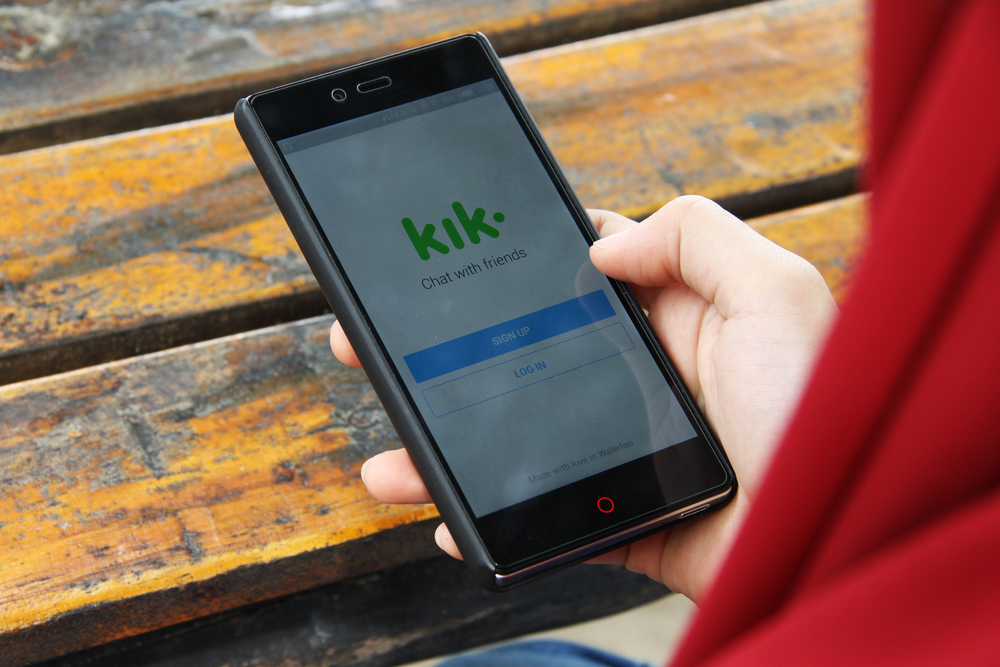Kik Messenger to Launch Kin Token on Two Blockchains

Kin, the cryptocurrency launched by Kik Interactive, is under fire from US regulators at the SEC. | Source: Shutterstock
Popular chat app Kik has unveiled plans to deploy its Kin tokens on both the Ethereum and Stellar blockchains, making it one of the first cryptocurrencies to feature bidirectional network support.
Kik developer Gadi Srebnik made the announcement in a Wednesday blog post , explaining how the company — which raised $98 million through an initial coin offering (ICO) last year — will deploy its cryptocurrency on multiple blockchains to enhance liquidity and efficiency within its ecosystem.
Until now, Kin has operated as an ERC20 token on the Ethereum blockchain. Frustrated with the network’s susceptibility to network congestion, Kik said last year that it would transfer its tokens to Stellar, whose federated consensus model allows for faster, cheaper payments.
However, Stellar is far less liquid than Ethereum, so swapping blockchains would have come with its drawbacks. Recognizing this, Kik developed a way to deploy Kin in parallel on both blockchains — without increasing the total supply. Internal transactions with a single digital service will likely utilize the Stellar-based tokens, while external payments and exchange volume will probably occur primarily. on the Ethereum network.
Srebnik wrote:
“While Ethereum provides liquidity for Kin holders, its load times and fees can’t support our needs for day-to-day consumer use. The addition of Stellar as a second blockchain will allow us to operate the Kin Ecosystem on a faster, more efficient foundation, with low transaction fees — which is necessary for us to achieve the speed and scalability that digital services in the ecosystem will require.”
Once the Stellar-based Kin token has been released and fully-initialized — which will occur later this year — users will be able to move their tokens between networks by locking them up on one and unlocking them on the other, presumably through a smart contract mechanism. Developers say that this will help ensure that the tokens maintain a stable value across the two networks.
However, Srebnik said that developing this mechanism will likely take several months. He did not clarify whether this would lead to a delay in the release of the standalone Kin app, which will run on the Stellar blockchain.
Featured image from Shutterstock.